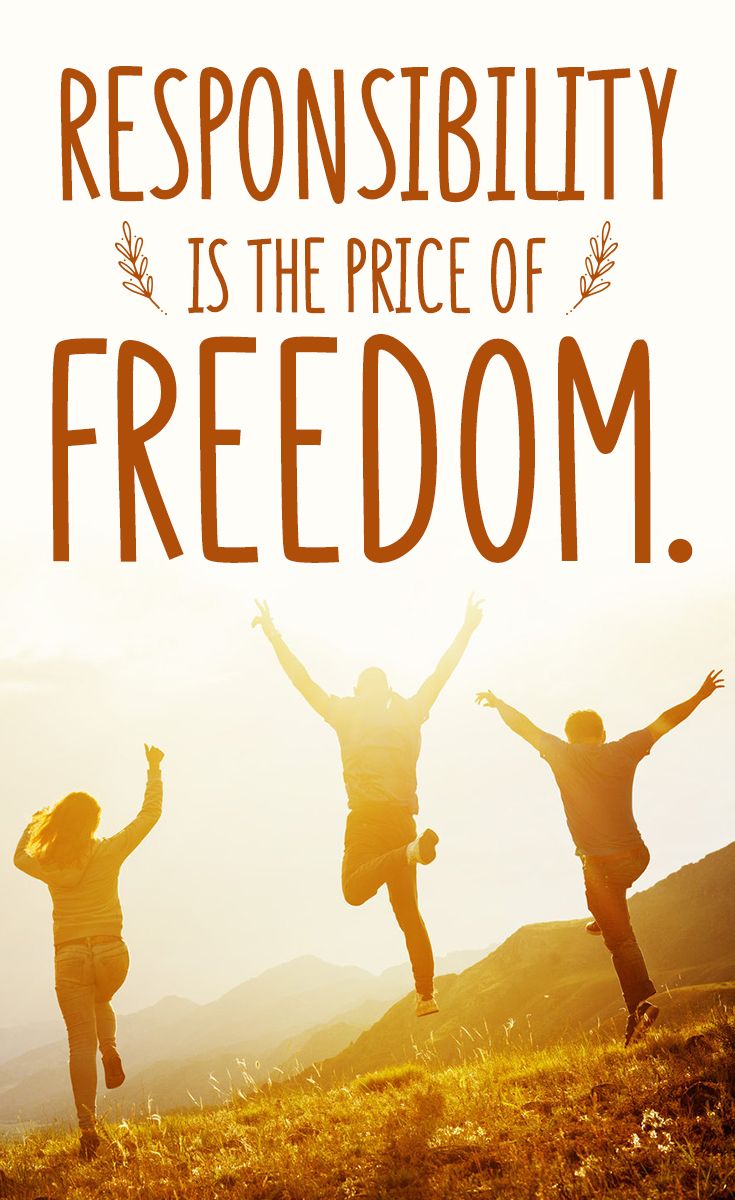Characters:
- John: A middle-aged man, a veteran, and a staunch believer in American values.
- Emily: John’s teenage daughter, curious and questioning about the world.
- Sarah: John’s wife, a school teacher, and a voice of reason.
- Mr. Thompson: A neighbor and local business owner.
Scene 1: The Living Room
John is sitting on the couch, reading a newspaper. Emily enters, looking thoughtful.
Emily: Dad, can I ask you something?
John: Sure, sweetheart. What’s on your mind?
Emily: In school today, we talked about freedom and what it means to different people. I know it’s a big deal here in the U.S., but I wanted to understand it better. What does freedom mean to you?
John: That’s a great question, Emily. Freedom is one of the core values of our country. It’s about having the right to make your own choices, to speak your mind, and to live your life without undue interference from the government or anyone else.
Emily: But isn’t there a limit to freedom? Like, you can’t just do anything you want, right?
John: Absolutely. Freedom comes with responsibility. You have the right to do what you want, as long as it doesn’t harm others or infringe on their rights. It’s a balance.
Sarah: (Entering the room) Your father’s right, Emily. Freedom is about having the ability to pursue your own happiness, but it’s also about respecting the freedoms of others.
Emily: That makes sense. But why is freedom so important to Americans?
John: Our country was founded on the principle of freedom. The Declaration of Independence and the Constitution were created to protect our rights and ensure that we could live freely. It’s something we’ve fought for and continue to fight for.
Sarah: And it’s not just about political freedom. It’s also about economic freedom, the freedom to choose your career, where you live, and how you live your life.
Emily: I see. But what about people who misuse their freedom?
John: That’s where laws come in. We have laws to protect everyone’s rights and to ensure that freedom isn’t abused. It’s a delicate balance, but it’s essential for a functioning society.
Scene 2: The Neighborhood Park
John and Emily are walking in the park. They meet Mr. Thompson, their neighbor.
Mr. Thompson: Good afternoon, John! Hi, Emily! What brings you two out here today?
John: Just enjoying the day and having a chat about freedom. Emily had some great questions about what it means.
Mr. Thompson: Ah, freedom. It’s a topic close to my heart. As a business owner, I value the freedom to run my business the way I see fit.
Emily: How does freedom affect your business, Mr. Thompson?
Mr. Thompson: Well, Emily, it allows me to innovate, to take risks, and to provide jobs for people in our community. But it also means I have to follow regulations and ensure I’m treating my employees fairly.
John: That’s a good point. Freedom in business is about having the opportunity to succeed, but also the responsibility to do so ethically.
Emily: So, freedom isn’t just about doing whatever you want. It’s about making choices that benefit everyone?
Mr. Thompson: Exactly. It’s about creating opportunities and ensuring that everyone has a fair chance. That’s the American way.
Scene 3: The Dinner Table
The family is having dinner. The conversation continues.
Emily: I’ve been thinking a lot about what we talked about today. Freedom seems so complex.
Sarah: It is, Emily. But it’s also what makes our country unique. The ability to express ourselves, to pursue our dreams, and to live without fear of oppression is something we should never take for granted.
John: And remember, freedom isn’t free. Many people have sacrificed a lot to protect our freedoms. It’s our duty to honor that by using our freedom responsibly.
Emily: I understand now. Freedom is about choices, but it’s also about respect and responsibility.
Sarah: Exactly. And as you grow up, you’ll see how these values play out in different aspects of life. Just remember to always consider how your actions affect others.
John: Well said, Sarah. Emily, I’m proud of you for asking these questions. It’s important to understand and appreciate the values that make our country what it is.
Emily: Thanks, Dad. Thanks, Mom. I feel like I understand a lot better now.
Conclusion: The Moral Value of Freedom
Freedom is a cornerstone of American values, deeply embedded in the nation’s history and culture. It encompasses the right to make personal choices, express oneself, and pursue happiness without undue interference. However, with this freedom comes the responsibility to respect the rights of others and to act ethically.
The dialogue between John, Emily, Sarah, and Mr. Thompson highlights the multifaceted nature of freedom. It is not just about individual liberty but also about the collective well-being. Freedom in the United States is about balancing personal rights with social responsibilities, ensuring that everyone has the opportunity to thrive while maintaining respect for the community.
In essence, the moral value of freedom in the USA is about creating a society where individuals can pursue their dreams and aspirations while contributing to the greater good. It is a value that requires constant vigilance and a commitment to ethical behavior, ensuring that the freedoms enjoyed today are preserved for future generations.



